Smartphones are driving all growth in U.S. web traffic, while tablets and computer web access has declined, according to new data from Adobe Analytics.
Research and publish the best content.
Get Started for FREE
Sign up with Facebook Sign up with X
I don't have a Facebook or a X account
Already have an account: Login
Get weekly or monthly digest of all posts in your inbox: https://fmcs.digital/wim-subscribe
Curated by
Farid Mheir
 Your new post is loading... Your new post is loading...

Robson Grant's curator insight,
January 12, 2017 9:57 AM
The internet is only 9291 days old (25 years, 5 months, 7 days including today). On 6 August 1991 the World Wide Web became publicly available. If you're into technology and the net and want a glimpse into where it's headed the Peter Smart: The Future of the Web and How to Prepare for it Now video is a must watch.
Jean-Anne McMahon's curator insight,
January 12, 2017 8:42 AM
No more separate apps for web and mobile in the future.

Jean-Marie Grange's comment,
December 20, 2016 1:12 PM
Maybe one solution would be for content publishers to offer the choice of paying a fair amount for ad-free content... http://sco.lt/7CrAVl
Chris Bryant's curator insight,
July 17, 2015 2:53 AM
This makes me wonder what we are preparing our children for as they move through school. What skills and capabilities will they need? web design was a recent emerging career field and now this too could be automated. So what will prepare our children for the future? |

Curated by Farid Mheir
Get every post weekly in your inbox by registering here: http://fmcs.digital/newsletter-signup/
|




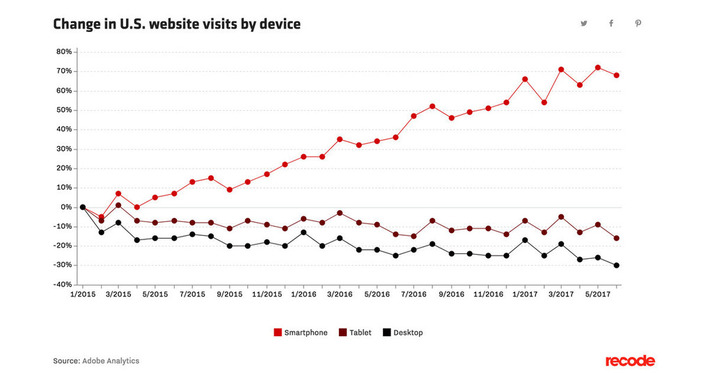

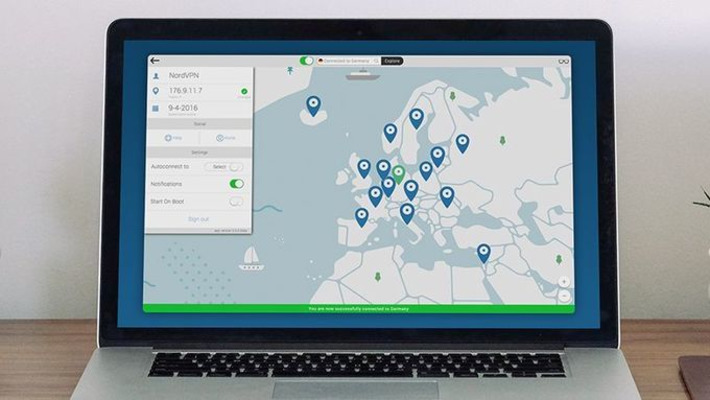

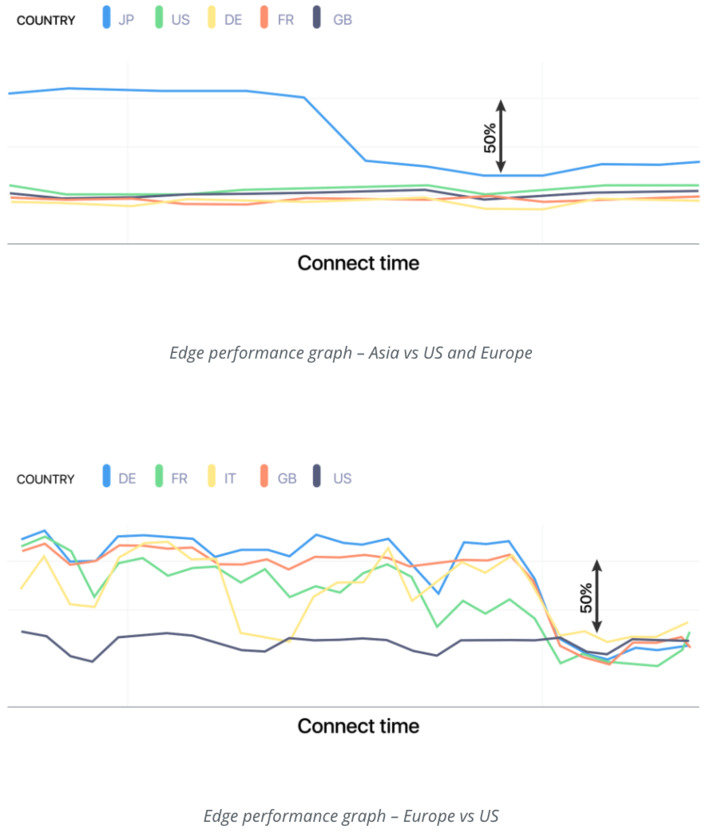
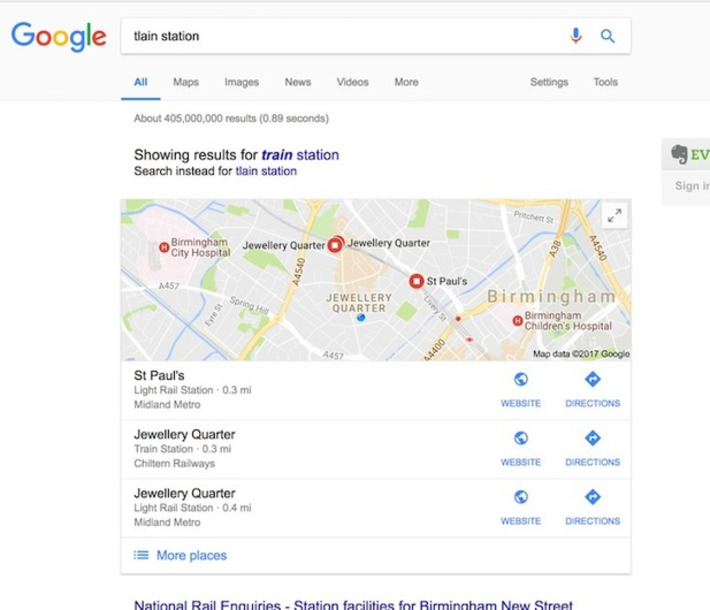
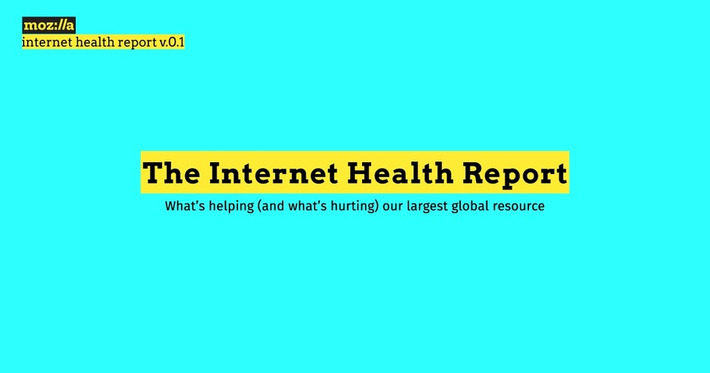


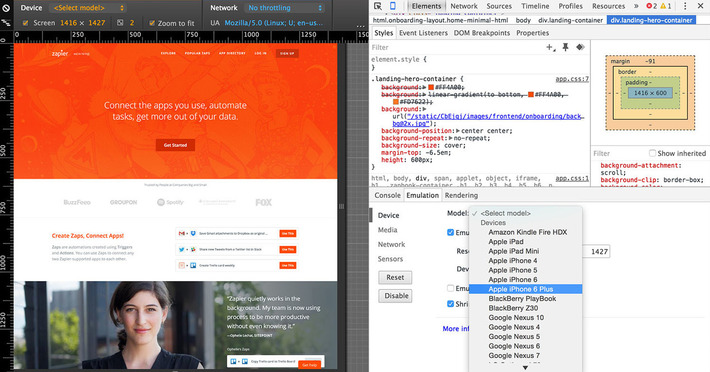
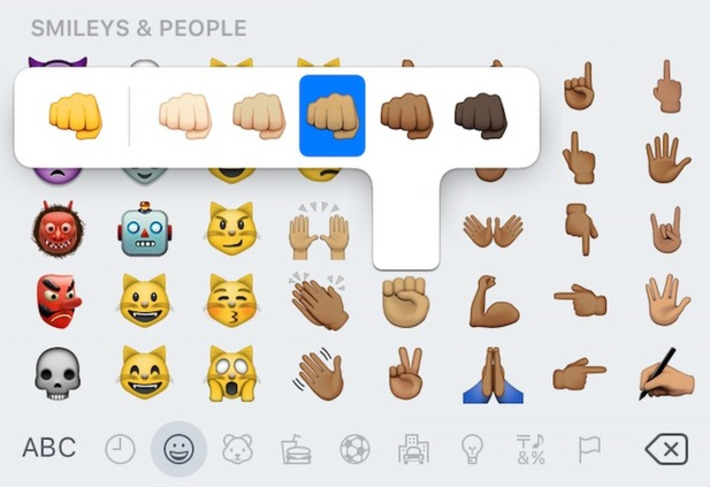

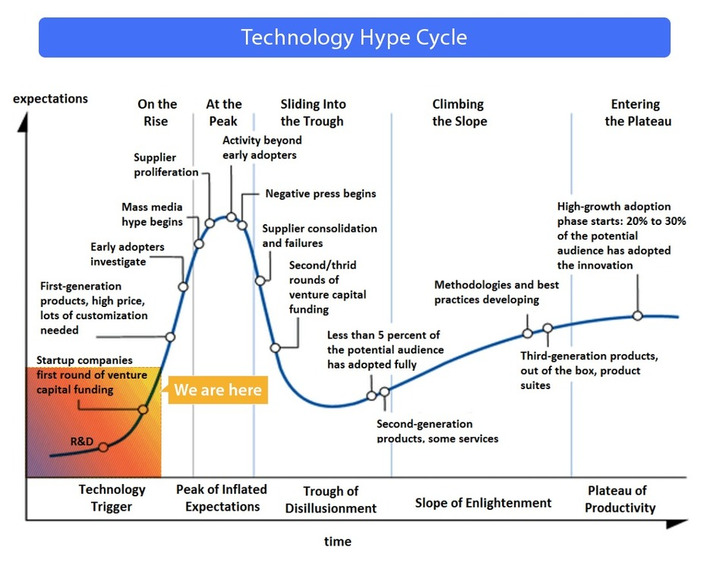
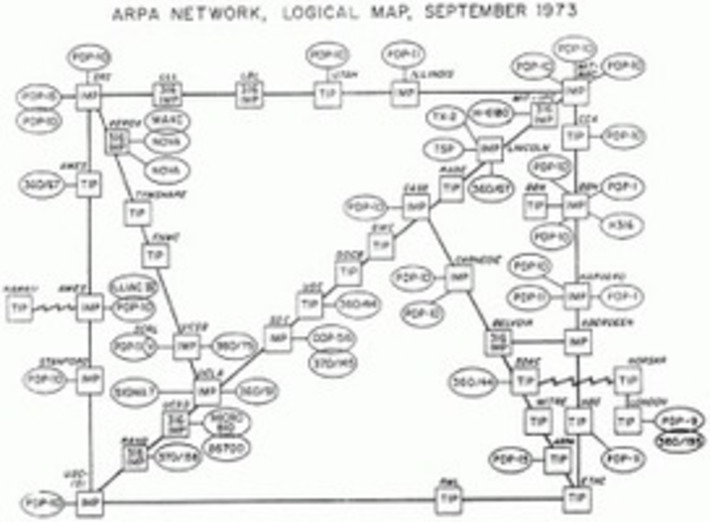





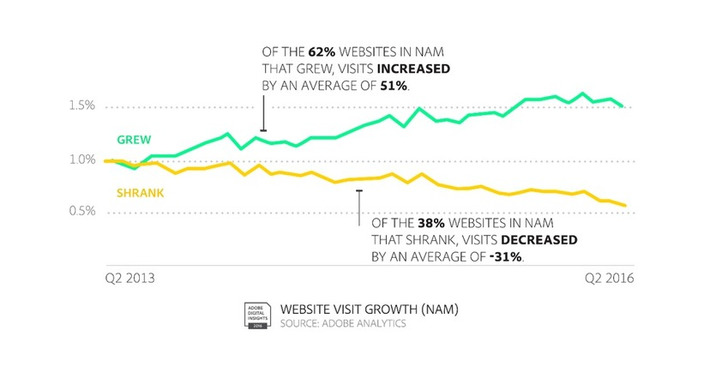
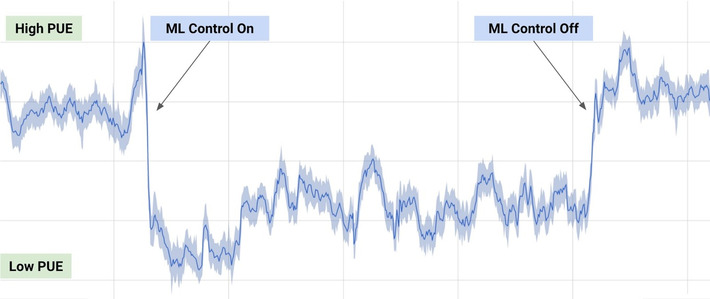
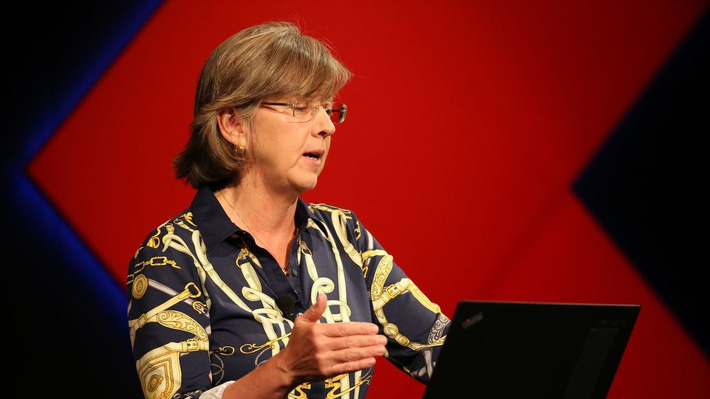
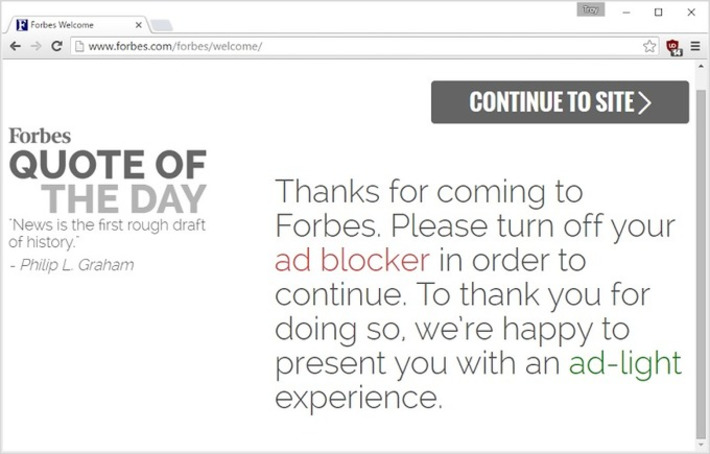
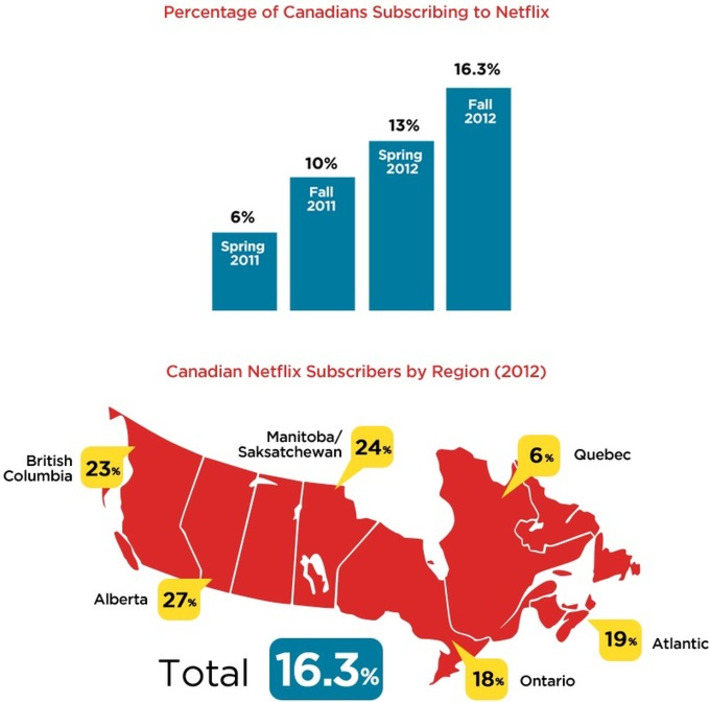
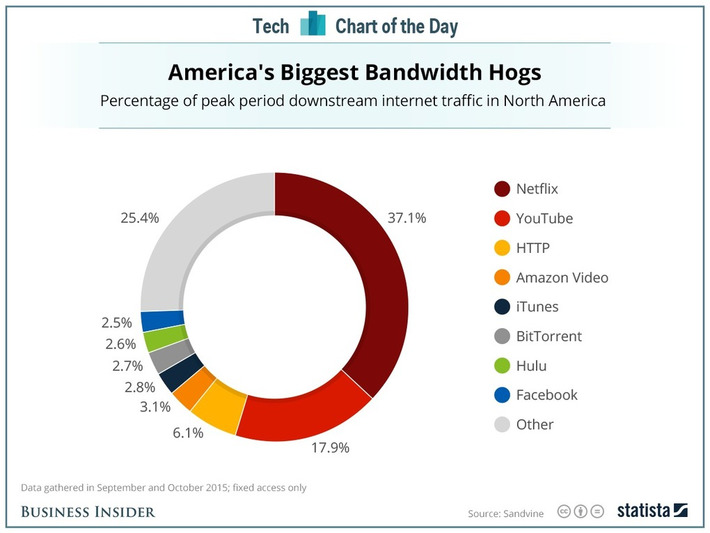










WHY THIS IS IMPORTANT
Mobile is eating the world and the stats tend to prove that this is true. Companies that do not have a mobile strategy or support mobile on their websites are at risk of loosing leads, clients, customers, etc.